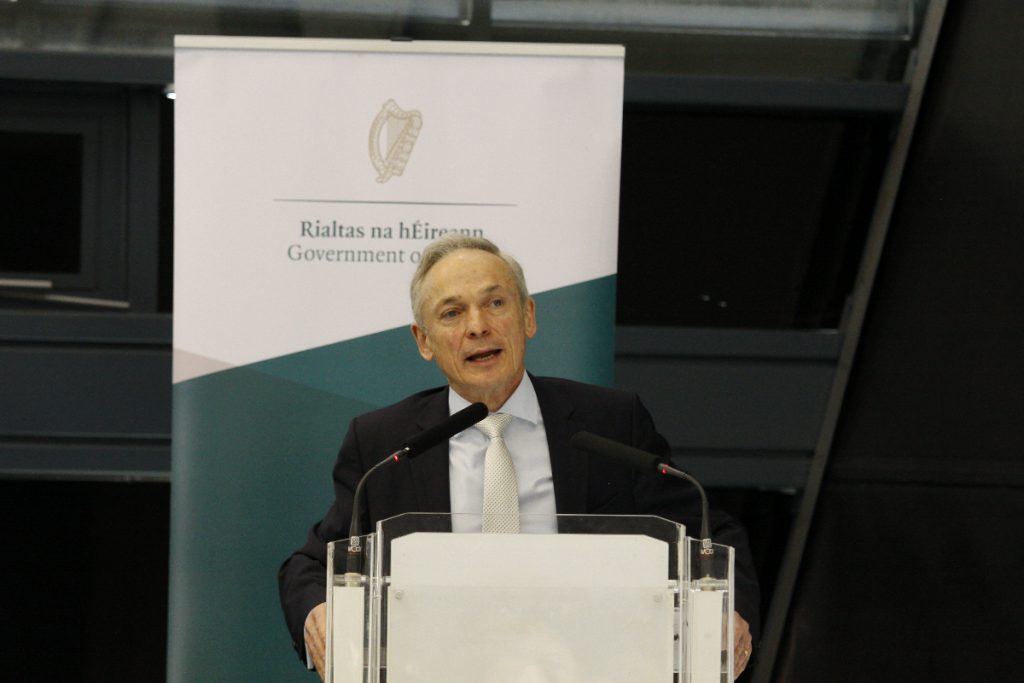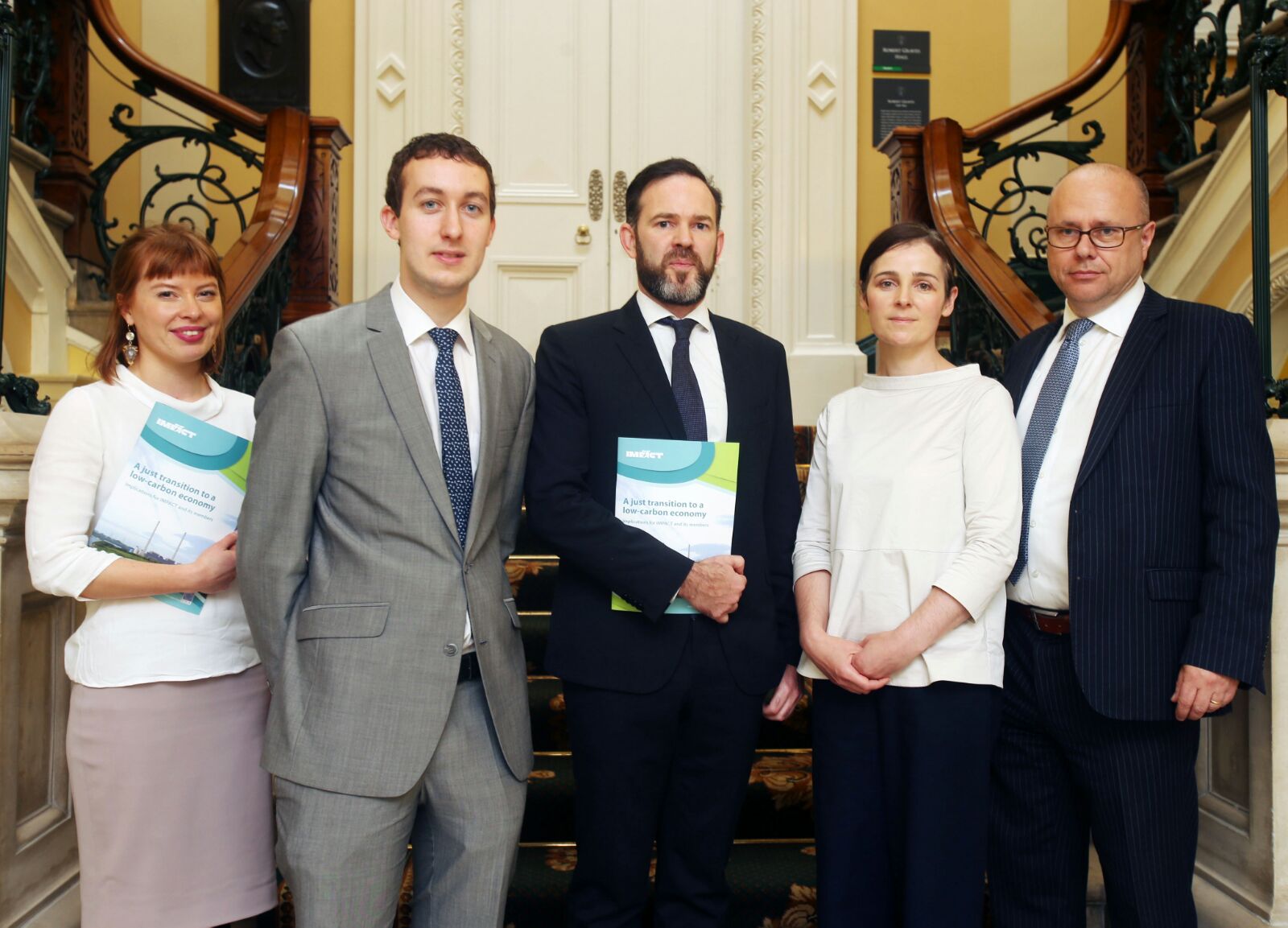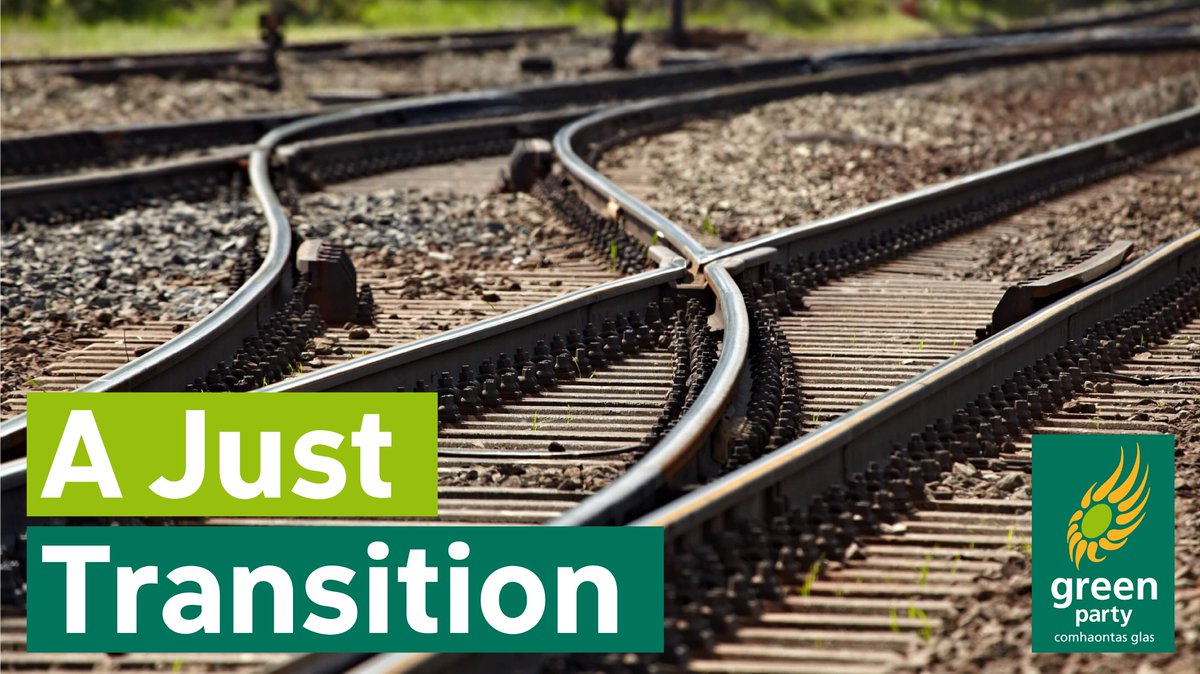Smoky coal ban still on backburner over industry legal threat

July 4th, 2019
The Minister for Climate Action has said that his Department will not roll out a nationwide ban on smoky coal amid threats of legal challenge by the coal industry.
Speaking ont he floor of the Dáil today, Richard Bruton TD said that he was “disappointed” that coal firms had taken the rout of legal pressure but promised to devise a “legally robust” plan for improving national air quality.
Fianna Fáil’s James Browne TD told Mr Bruton that a nationwide extension of the scheme was crucial and that the State should not be intimidated by legal threats that have been reiterated since the ban was introduced in Dublin 30 years ago.
The ban on smoky coal in the capital was rolled out three decades ago by then-Minister Mary Harney during her tenure at the Department of State. The ban is reported to be responsible for averting 8,000 premature deaths since its introduction, according to the Department of Climate Action.
Acknowledging the positive impact of the scheme in Dublin, he said that his Department was determined not to “jeopardise other schemes for managing air quality” by rolling out a nationwide ban.
Mr Bruton said that he had sought legal advice on the issue and was working with the Attorney General on the matter. “We are working hard to find a solution for [the new plan] to be legally robust,” he said.
Earlier in June, the Taoiseach Leo Varadkar TD said that a nationwide smoky coal ban was “delayed” due to threats of legal action, but did not rule out the possibility of its implementation in the future.

Climate Plan
Responding to queries regarding the newly released all-of-Government Climate Action Plan, Mr Bruton told Sinn Féin’s Brian Stanley TD that he will ensure that transitioning into a green economy would mean increased sustainable job opportunities.
The plan’s objectives also include a far-reaching reliance on renewable electricity, with 70 per cent of all electricity planned to come from clean, renewable sources by 2030.
Mr Stanley said that the Department needed to increase its apprenticeship and training programmes for sustainable jobs that are inclusive of workers and rural communities.
Mr Bruton said that apprenticeship programmes were ongoing, but agreed that more educational schemes needed to be introduced.
Referring to the plan’s promise of retrofitting 500,000 homes by 2030, Mr Stanley said that the objective was “fantastic” but expressed doubt as to the State’s ability in hitting this target.
He described the State’s track record in retrofitting as an influence on his lack of faith in its capabilities for delivering its promises.
Acknowledging Mr Stanley’s concerns as well as his Department’s track record for insufficient “shallow-based retrofitting”, Mr Bruton said that a new policy including “better contracts” and “developing new skills” would be adopted to meet the new objective by 2030.
Mr Bruton also promised to ensure that the new retrofitting plan did not adversely impact low-income households. Under the new plan, homeowners can pay for retrofitting through higher property tax or electricity bills.
Both Mr Bruton and Minister for the State Seán Canney TD said that a a committee responsible for the execution of the new climate action goals would be set up by the end of this month.
[x_author title=”About the Author”]







